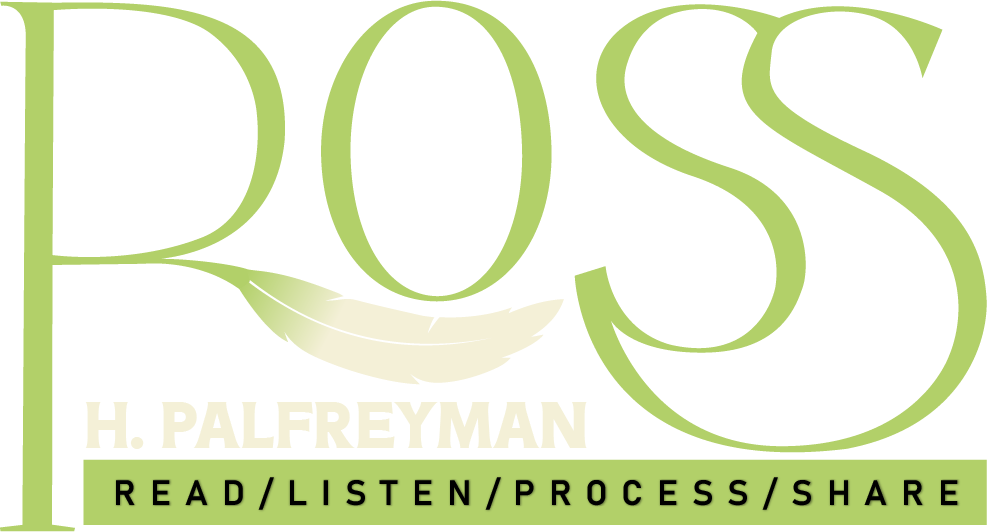Let’s be honest—no one likes tax season. Whether you’re an employee struggling to understand deductions, a small business owner trying to stay afloat while navigating tax forms, or someone simply trying to make ends meet, taxes often feel like a burden that’s both complicated and strongly unfair. In the United States, this burden comes in the form of income tax—a system so complex that many people need to hire professionals just to make sure they aren’t breaking the law. Even then, mistakes happen. And worse, many feel like the system doesn’t treat everyone equally. But what if there were a better way? What if we could simplify the system, make it fair, and eliminate the government agency that so many people fear—the IRS? That’s exactly what author Ross H. Palfreyman argues in his eye-opening book Abolish the Income Tax and Dismantle the IRS… It’s Time. This bold and timely work calls for a complete transformation of how the U.S. government collects money—not through an income tax, but through a National Consumption Tax.
For decades, the income tax has been seen as a “necessary evil.” It was introduced with the idea that everyone should contribute to the nation—paying their share to support roads, schools, defense, and other essential services. But over time, the system has become anything but simple or fair. The U.S. tax code now spans tens of thousands of pages. Special interest groups get special loopholes. The wealthy often find ways to pay less. And everyday workers and small businesses feel crushed under the pressure of keeping up. Palfreyman points out that the original warning signs were already there. Even back in 1819, U.S. Supreme Court Justice John Marshall wrote in a famous case that “the power to tax involves the power to destroy.” And today, many would argue that’s exactly what has happened: income tax punishes success, discourages productivity, and creates fear instead of trust.
When you hear “IRS,” what comes to mind? For many people, it’s fear. Fear of an audit. Fear of doing something wrong. Fear of financial ruin over a tax error. Ross Palfreyman highlights how the IRS has become more than just a tax collection agency—it’s a tool of control. Not only is it difficult to understand, but it’s also been used in ways that appear politically motivated. In some cases, it has even targeted certain groups or individuals for audits and investigations. That kind of power can be dangerous in the wrong hands. And even if you’re doing everything right, the process itself can feel like an invasion of your privacy. Why should the government know so much about your income, your savings, and your spending habits?
So, what’s the solution? Palfreyman offers a surprisingly simple one: get rid of income tax altogether and replace it with a National Consumption Tax. Instead of taxing how much you earn, the government would tax how much you spend. This way, people would have more control over their financial choices. If you choose to spend more, you contribute more. If you save more, you’re rewarded—not penalized. It’s a shift in thinking. Instead of punishing productivity and success, a consumption tax encourages personal responsibility, savings, and economic growth. It’s also much easier to administer and understand. No more filing complicated returns every April. No more fear of audits. No more loopholes for the rich and burdens for the poor. Just a simple, straightforward system where everyone plays by the same rules.
While this proposal is specific to the United States, the message connects worldwide. Countries all over the globe struggle with tax systems that feel unfair, overly complicated, and sometimes corrupt. People everywhere want to believe that their governments are working for them—not exploiting them. They want to know that their contributions are being used wisely and that they aren’t being punished for working hard or building a better life. The fight for a fairer, simpler, and more accountable system isn’t just an American issue—it’s a human issue. And that’s what makes Ross Palfreyman’s book more than just a political statement. It’s a call for rethinking the relationship between governments and the people they serve. Why Now? You might be wondering: why now? Why is this conversation urgent? Because the system is showing cracks. Because trust in government agencies like the IRS is eroding. Because people are tired of being treated like suspects instead of citizens. And because we now have the technology and tools to create a better alternative. Ross Palfreyman’s proposal may sound radical, but it’s also rooted in logic, fairness, and freedom. If we want a government that is truly “by the people, for the people,” then it’s time to start thinking beyond tradition—and start building a system that works.
Reforming a nation’s tax system isn’t easy. It requires courage, leadership, and a willingness to ask hard questions. But every great change begins with a simple idea—and the courage to discover it. Ross H. Palfreyman offers such an idea: Abolish the income tax. Dismantle the IRS. Create a better way. Whether you’re in the U.S. or elsewhere in the world, this is a conversation worth having. Because taxes shouldn’t be a punishment. They should be a way for all of us to contribute fairly—without fear, confusion, or corruption.

